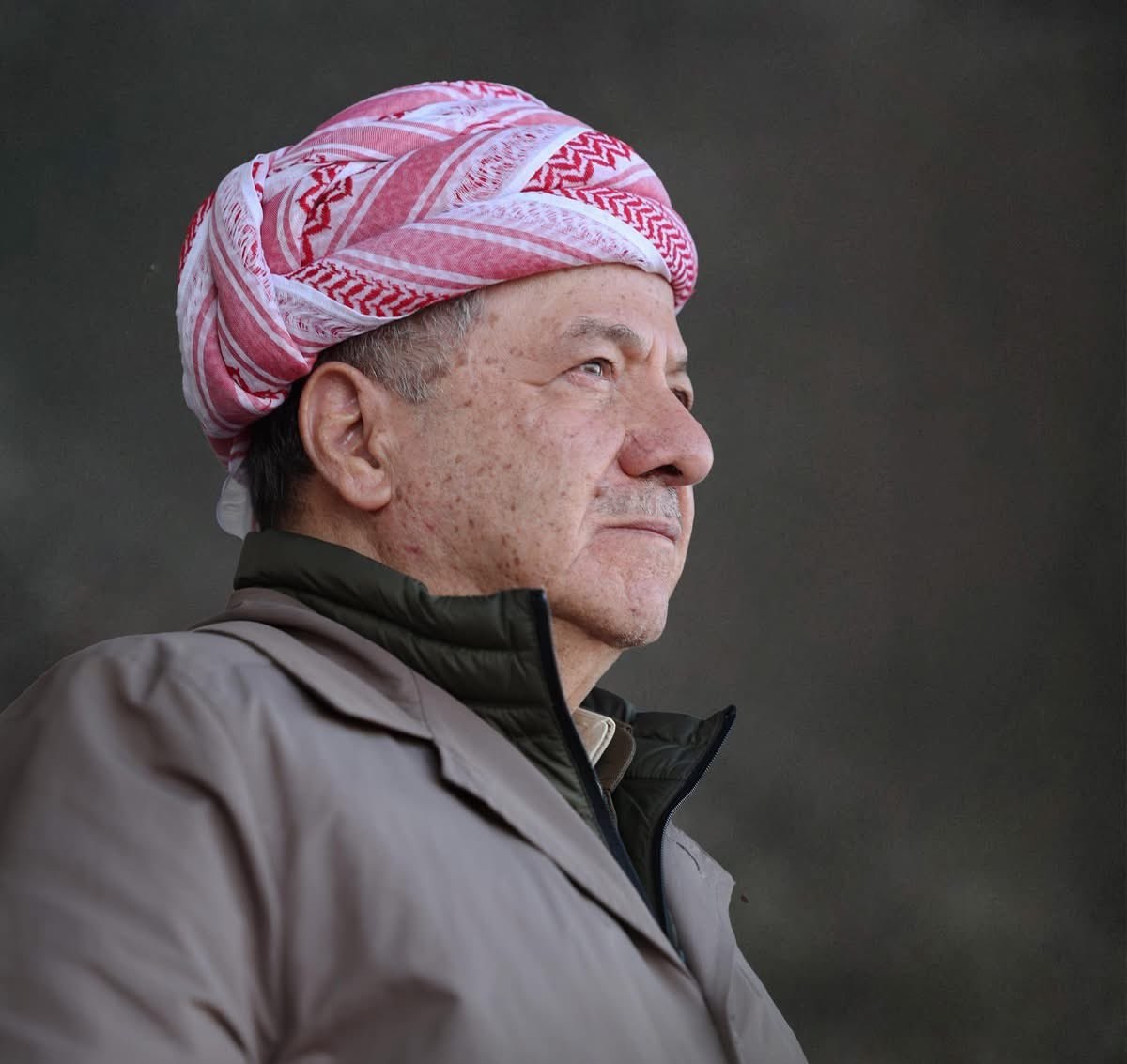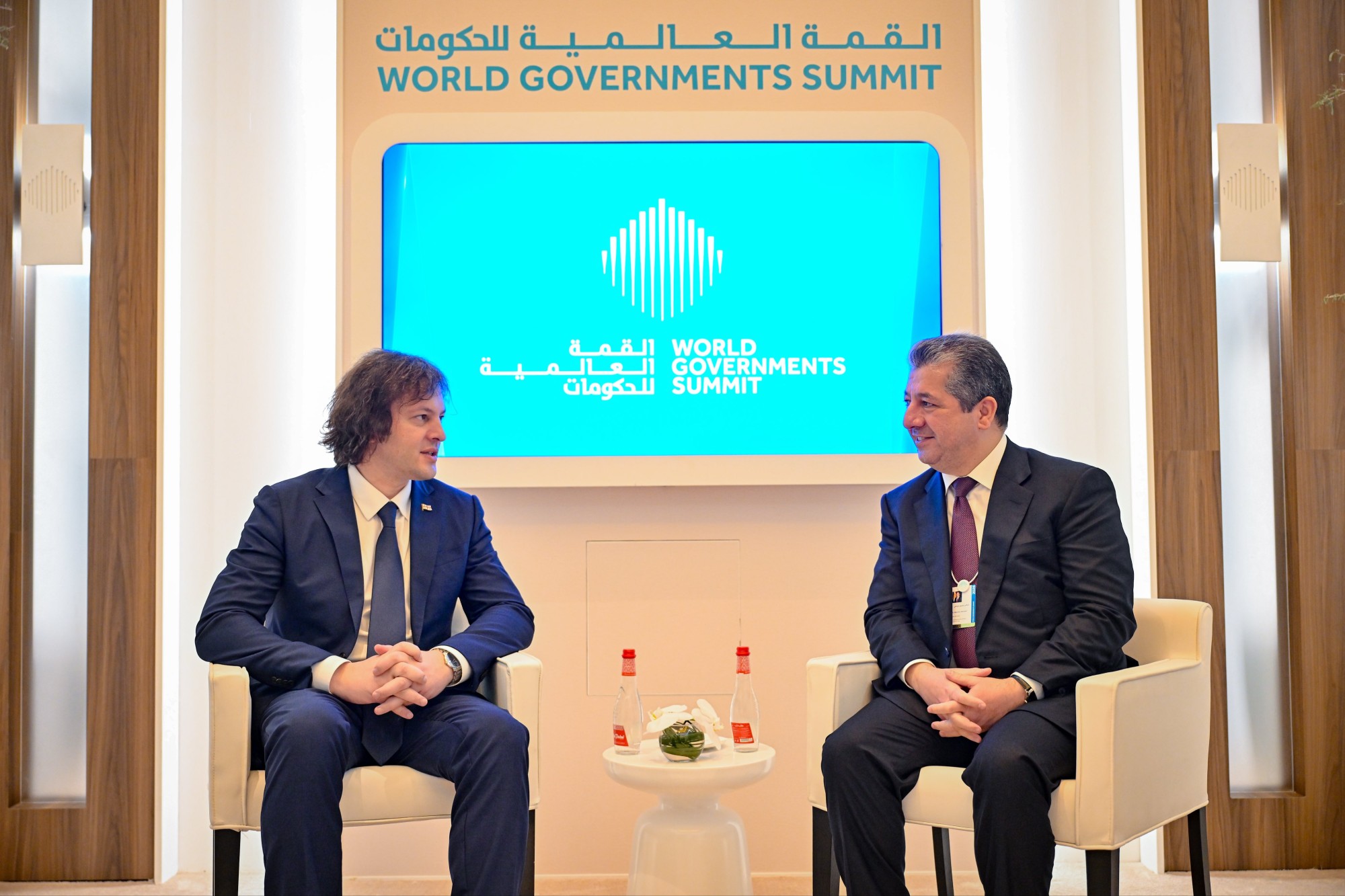In a letter sent to U.S. President Joe Biden on April 15, Representative Joe Wilson and Representative Kevin Hern expressed concerns over the budget cuts to the Kurdistan Region ahead of the visit of Iraqi Prime Minister Mohammed Shia’ Al Sudani to Washington, D.C.
“The Iraqi government continues to refuse to allocate the Kurdistan Region its full Constitutional budget, blocks congressionally appropriated equipment for the Peshmerga, and [is] now blocking Kurdistan oil exports and U.S. investments,” the letter reads.
Moreover, the letter said that the Iraqi judiciary has spearheaded the campaign against U.S. interests, most notably in the Kurdistan Region, including the blocking of “the funding for the Kurdistan Regional Government (KRG), the U.S.’ best partner in Iraq.”
The Republican representatives also asked the Biden administration what considerations had been made on “how Iraqi oil revenues processed through the Federal Reserve can be escrowed as a result of Iraq’s support for terrorist operations and the lack of funding for the Kurdistan Region, including the blocking of oil exports.”
On March 25, 2023, independent oil exports from the Kurdistan Region through Turkey were halted after a Paris-based international arbitration court ruled in favor of Baghdad against Ankara.
Since 2014, Baghdad has occasionally cut the budget to the Kurdistan Region. Ahead of Iraqi Prime Minister Sudani’s visit to Washington, Baghdad sent money allocated for the salaries of government employees in the Kurdistan Region for February and March.
Read More: U.S. President and Iraqi Prime Minister Emphasize Kurdistan’s Role in Iraq’s Stability
During Iraqi Prime Minister Sudani’s visit to the White House, President Biden “commended the [Iraqi] Prime Minister’s and the KRG’s efforts to reach durable agreements that resolve longstanding challenges, including the recent arrangement to pay two months of KRG civil servant salaries, and encouraged continued progress.”
In the letter, the Republican representatives asked how the U.S. Department of Defense and Department of State were addressing the “Iraqi government’s blockade on Congressionally appropriated military equipment for the Kurdistan Region.”
Any foreign military equipment destined for the Kurdistan Region must receive prior approval from Baghdad before being delivered.
On April 15, U.S. Secretary of Defense Lloyd J. Austin III also met with Iraqi Prime Minister Sudani and discussed how to “secure key sites across Iraq, including the [Kurdistan Region], from aerial threats.
Department of Defense Press Secretary Major General Patrick Ryder on March 12 told reporters that he could not comment whether the United States would equip the peshmerga and Iraqi security forces with air defense systems.
According to a report by the Washington Kurdish Institute, from September 2018 to October 2023, the Iranian government and its Iraqi proxies, who are affiliated with the Popular Mobilization Units, launched at least 32 attacks on the Kurdistan Region.
On January 15, an Iranian ballistic missile attack killed four civilians in Erbil, including prominent businessman Peshraw Dizayee.
Kurdish officials have repeated calls for an air defense system to protect themselves against attacks.
“As you may know, recently, we have been attacked by drones and missiles,” KRG Prime Minister Masrour Barzani told NBC News on February 8. “We don’t have the capabilities to defend ourselves. So, when we say we need more support from the United States, we are not necessarily talking about more U.S. troops. We want more military capabilities.”
On April 13, 2024, a Patriot missile intercepted one of the ballistic missiles Tehran launched at Israel over Erbil. However, during the ballistic missile attack on Dizayee’s house, no U.S. defense system was activated.
Read More: Congressmen Urge Biden to Press Baghdad on Kurdistan Oil Exports
On March 28, eight Republican members of Congress urged President Biden in a letter to make the immediate reopening of the Iraq-Turkey Pipeline a precondition for any visit by Iraqi Prime Minister Sudani, ensuring the resumption of the Kurdistan Region’s oil exports.

